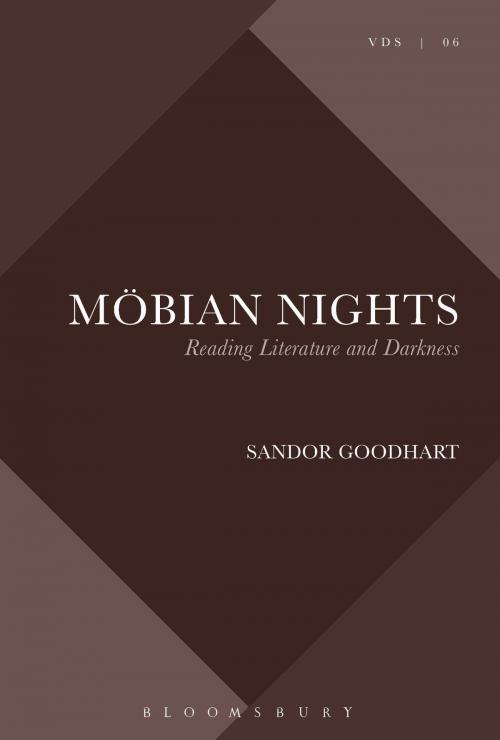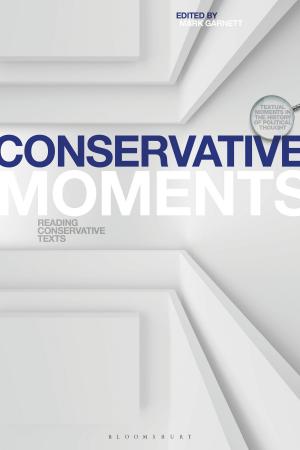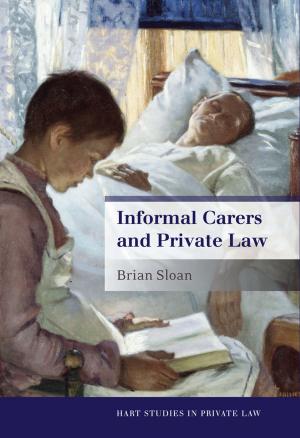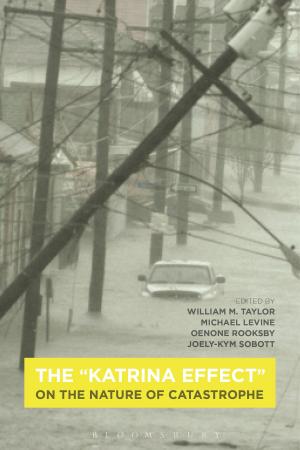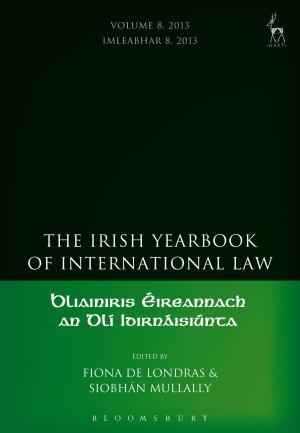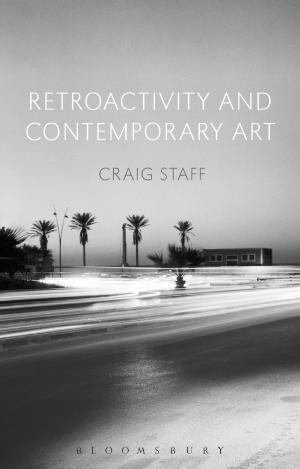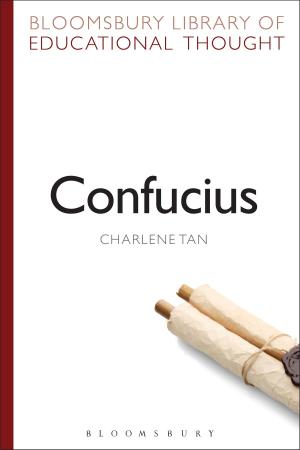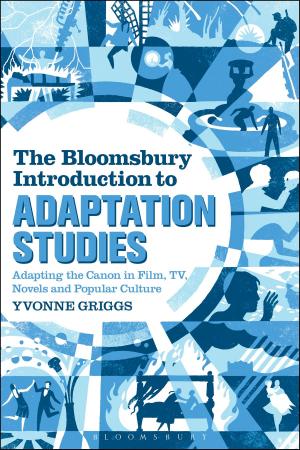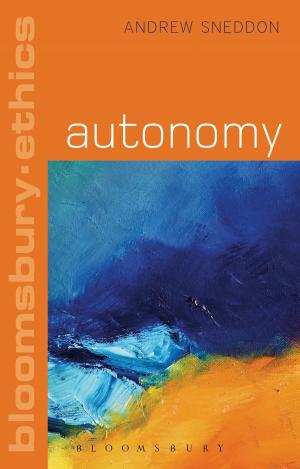Möbian Nights
Reading Literature and Darkness
Nonfiction, Religion & Spirituality, Philosophy, Metaphysics, Fiction & Literature, Literary Theory & Criticism, Theory| Author: | Professor Sandor Goodhart | ISBN: | 9781501326943 |
| Publisher: | Bloomsbury Publishing | Publication: | August 24, 2017 |
| Imprint: | Bloomsbury Academic | Language: | English |
| Author: | Professor Sandor Goodhart |
| ISBN: | 9781501326943 |
| Publisher: | Bloomsbury Publishing |
| Publication: | August 24, 2017 |
| Imprint: | Bloomsbury Academic |
| Language: | English |
"I died at Auschwitz,†? French writer Charlotte Delbo asserts, "and nobody knows it.†? Möbian Nights: Reading Literature and Darkness develops a new understanding of literary reading: that in the wake of disasters like the Holocaust, death remains a premise of our experience rather than a future.
Challenging customary "aesthetic†? assumptions that we write in order not to die, Sandor Goodhart suggests (with Kafka) we write to die. Drawing upon analyses developed by Girard, Foucault, Blanchot, and Levinas (along with examples from Homer to Beckett), Möbian Nights proposes that all literature works "autobiographically†?, which is to say, in the wake of disaster; with the credo "I died; therefore, I am†?; and for which the language of topology (for example, the "Möbius strip†?) offers a vocabulary for naming the "deep structure†? of such literary, critical, and scriptural sacrificial and anti-sacrificial dynamics.
"I died at Auschwitz,†? French writer Charlotte Delbo asserts, "and nobody knows it.†? Möbian Nights: Reading Literature and Darkness develops a new understanding of literary reading: that in the wake of disasters like the Holocaust, death remains a premise of our experience rather than a future.
Challenging customary "aesthetic†? assumptions that we write in order not to die, Sandor Goodhart suggests (with Kafka) we write to die. Drawing upon analyses developed by Girard, Foucault, Blanchot, and Levinas (along with examples from Homer to Beckett), Möbian Nights proposes that all literature works "autobiographically†?, which is to say, in the wake of disaster; with the credo "I died; therefore, I am†?; and for which the language of topology (for example, the "Möbius strip†?) offers a vocabulary for naming the "deep structure†? of such literary, critical, and scriptural sacrificial and anti-sacrificial dynamics.
